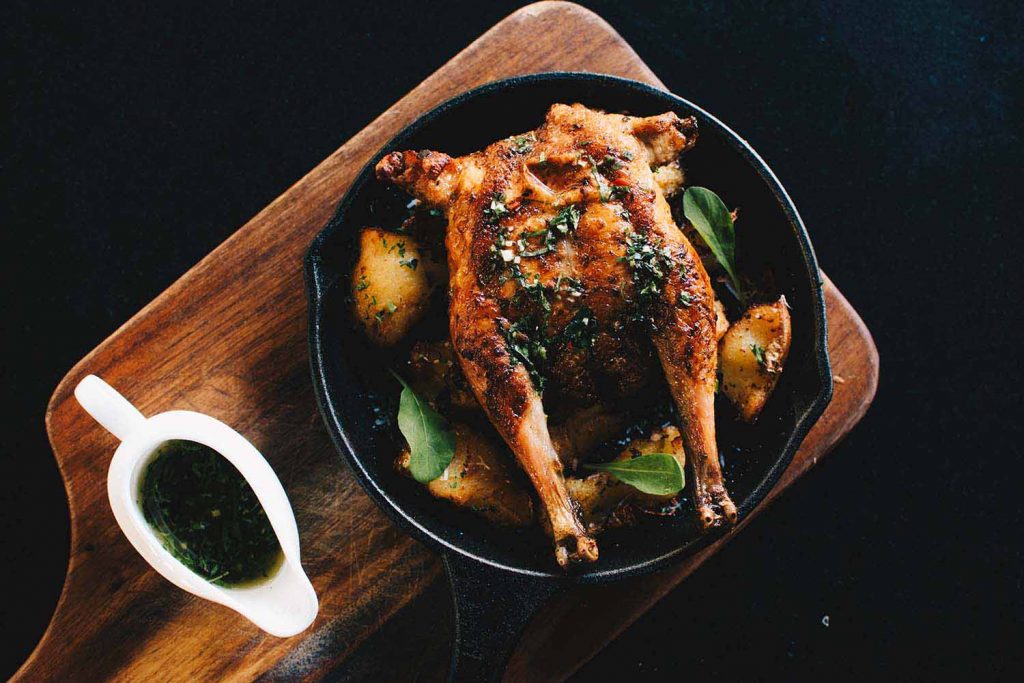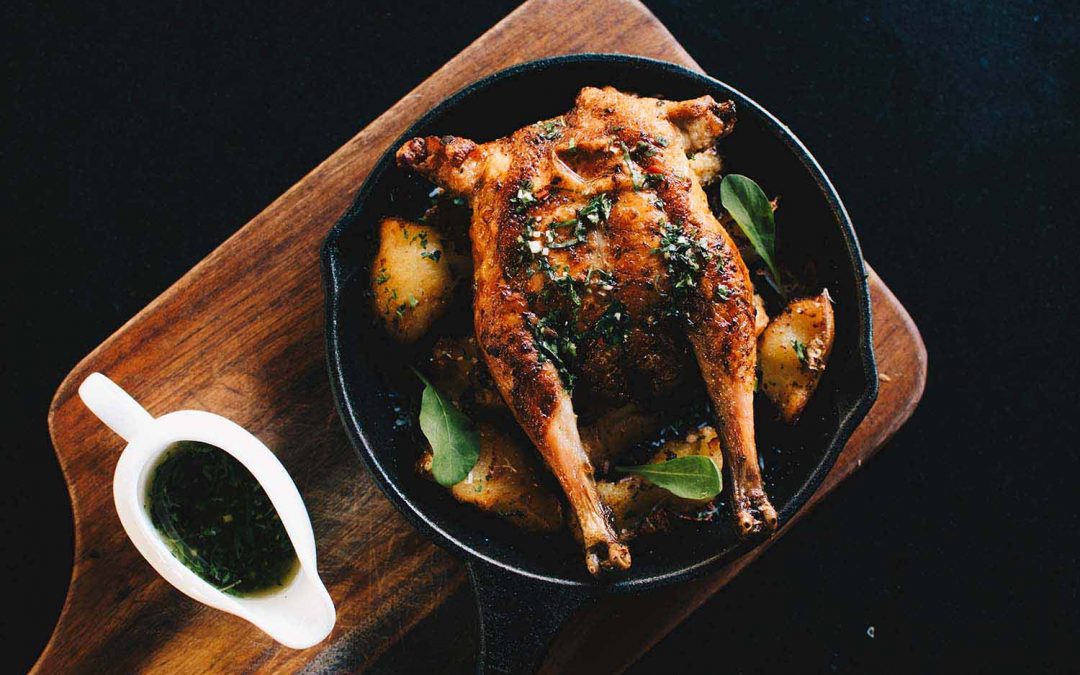
Being in a different country means becoming accustomed to their culture and norms, even if it is only for a short time. You are going to experience new things while you are there, so when in Thailand, why not do as the Thais do?
Eating family style
Thai’s will often eat in family style, which means that you each have your own serving of rice, a soup bowl, and utensils, but you all can order various things you want, but you will share them together. This means multiple orders of soup, entrees, and appetizers. They will be spread across the table in the middle of everyone to take what they please onto their plate. It’s like a little buffet but with a group of people, and you get to choose what you think sounds good and everyone can try it.
How to pay for your food
There are different ways you can eat food in Thailand. There are street vendors, there are food courts, and there are restaurants. This is not the only ways you can pay for food. When you eat at a stall, you ask the vendor for your food or pick it out, they prepare it for you, and you give them cash. This is a completely different eating experience when you go to a food court or restaurant. Food courts are popular at outdoor markets or even at malls. These will have either a card system or will allow you to pay in cash just like normal vendors. The card system means that you have to go to the card section to exchange money into credits on a card. Eating at a restaurant in Thailand should be like paying for food anywhere. You can use cash or credit, but don’t be surprised if they do not take cards, for that might happen too. It is wise to carry cash with you before going out to eat.
Takeaway meals
From street stalls to fresh markets, to restaurants, you can also pack your food to eat at home. This is quite a common practice in Thailand, as sometimes people prefer to eat at home with their family or friends. You will see a lot of people take their food to go and you will eventually learn how to say “takeaway” in Thai. The way to say it is “glup baan” which, in literal translation means “back home”.
If you have dietary restrictions
Whether you are vegan, halal, vegetarian, have a food allergy, Celiac disease or whatever your eating habits are, you will want to know how to make sure that you don’t get any of the ingredients you are allergic to or do not consume in your food. Thai food has a ton of different ingredients in it, and since the food is probably foreign to you, you will definitely need a local who speaks your language and Thai to help you out, especially if it’s an allergy and a matter of life or death. It’s best that you find out what the food is called so that you can Google the ingredients yourself if you don’t find someone who can help you.
When it comes to your spice tolerance
Thai’s love spicy food and when you ask for “mai pet,” meaning “no spice,” they might not realize that you really, actually don’t want any spice whatsoever added to your food. You will probably grow a spice tolerance by just being in Thailand, but if you really want to make sure they don’t make your food spicy, you will want to tell them, “mai pet jing jing” and emphasize it! The addition of the “jing jing,” means “truly”.
Want to visit the best restaurant in Bangkok? Come to Indulge Bar & Restaurant today! We’ll show you the food of Thailand.

